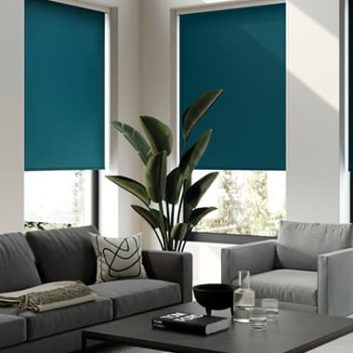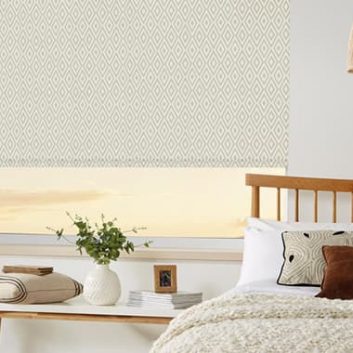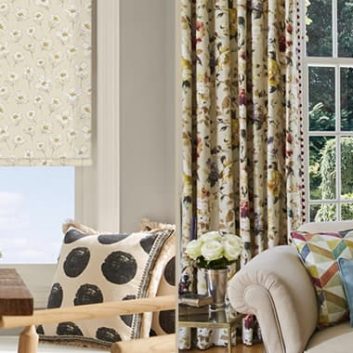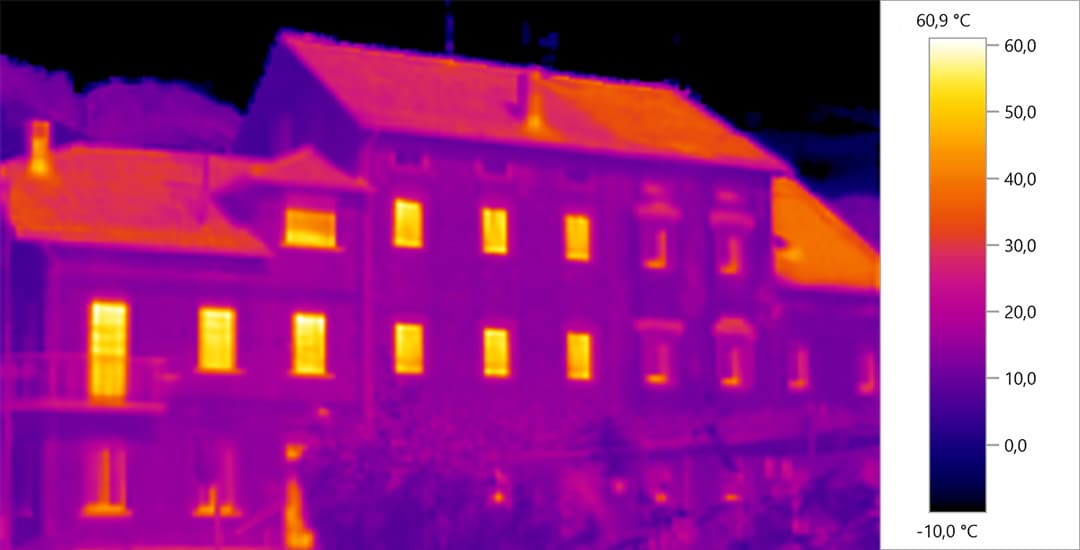
Do blinds reduce heat loss, and can this have a tangible impact on your home energy bills? That’s a definite “yes” to the first part of the question and a “quite possibly, depending on the blinds in question” to the second.
This blog post will tell you about how blinds can help you to reduce heat loss from your windows, what type of blinds are the best insulators, and how you can maximise the efficiency of your blinds and to what degree.
Do blinds insulate windows regardless of the type of blinds you buy?
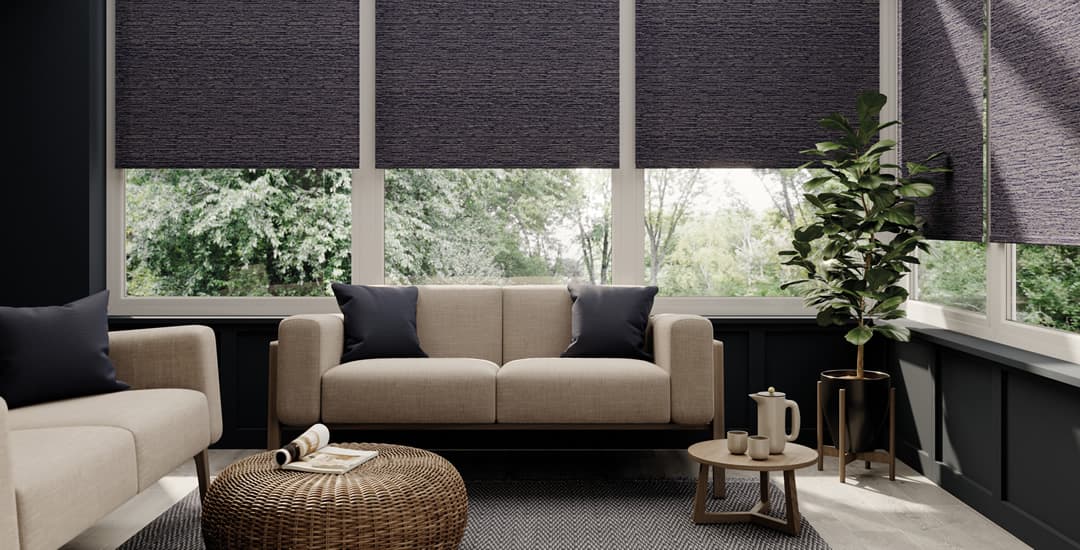
Do blinds insulate windows regardless of the type of blind? Yes, to a degree. Any kind of window covering – be that a blind of any type, curtains, a blanket pinned up, or sheets of cardboard taped to the window – will provide a degree of additional insulation.
Blinds of more or less all types are definitely better at this than the average pair of curtains, aside from extremely thick, heavy ones that are rarely used for homes. To be fair, taping thick layers of cardboard over your windowpanes is also a highly effective form of window insulation even compared to moderately well insulating blinds, albeit the lack of light plus frowns from the neighbours you will tend to get if you do this probably makes it not worth the saving.
Some types of blinds will only provide a minor improvement to the insulation of your window, while other blinds are designed specifically to be thermally insulating, and so will offer quite a marked improvement. This means that it’s a good idea to consider how important a part you want or need your blinds to play in the insulation of your home before you get on to choosing the type of blinds you want to buy.
How do blinds reduce heat loss?
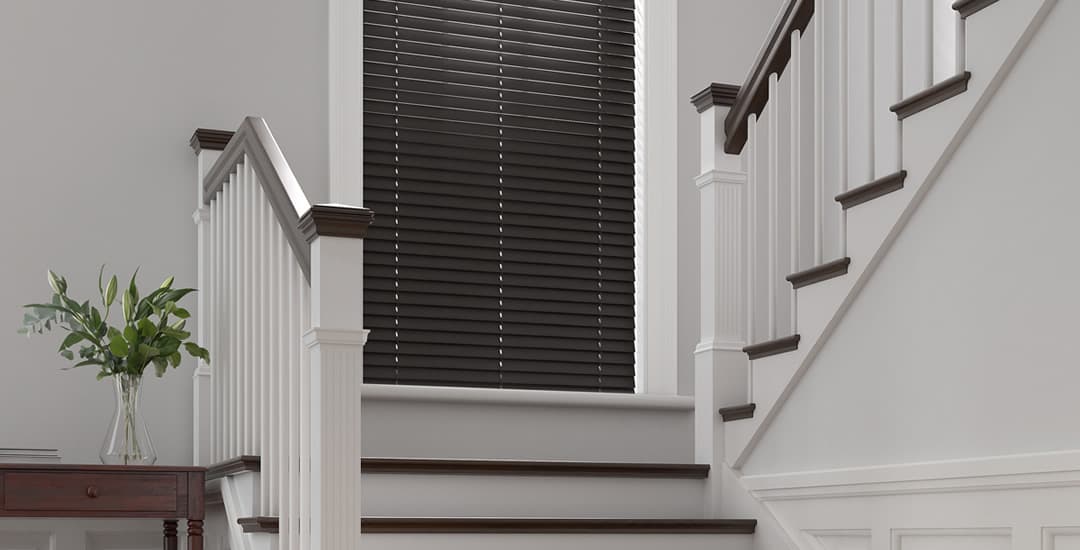
How do blinds reduce heat loss? Basically, by means of forming a barrier between the warmth inside of your home that you’re no doubt paying handsomely for, and the cold of the outside world that’s keen to steal it.
The closer the blind is to the glass, the more effective it will be. This means that a blind hung inside of the window recess will insulate the window in question more effectively than that same blind hung outside of the window recess.
Do blinds save energy in real money terms?
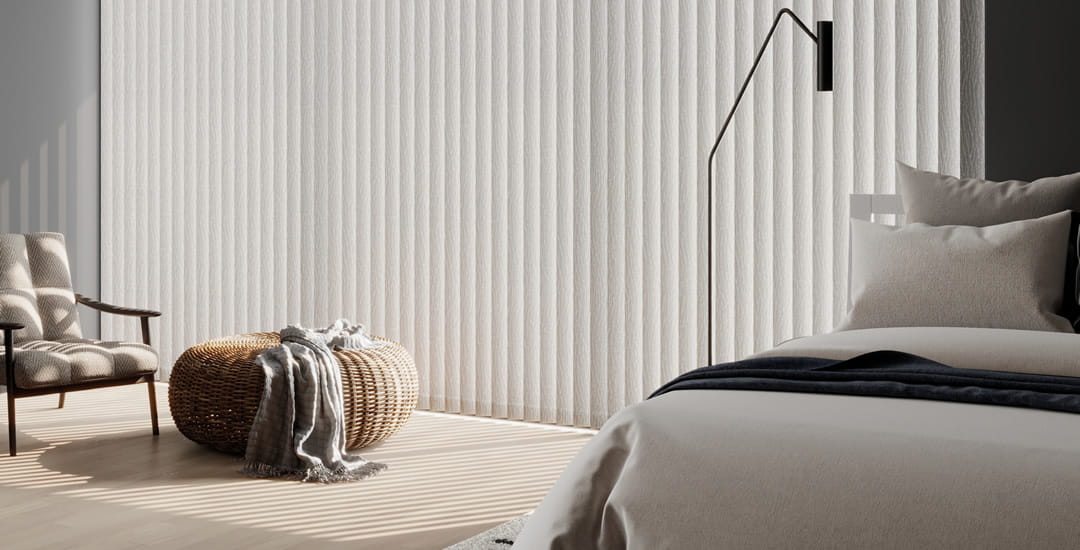
In scientific terms, anything hung or placed over a window will insulate it to a degree, but depending on how draughty the window is and what/how you hang the item in question, the effect it has might be negligible or not even tangible at all.
Some of the types of blinds that fall towards the lower end of the list of most effective insulators will fall into the latter category; but some blinds will make a noticeable difference to the temperature in the room, which in turn means you can maintain a comfortable temperature in the room at a lower thermostat setting and so, lower cost than you would be able to achieve otherwise.
What type of blinds insulate most effectively?
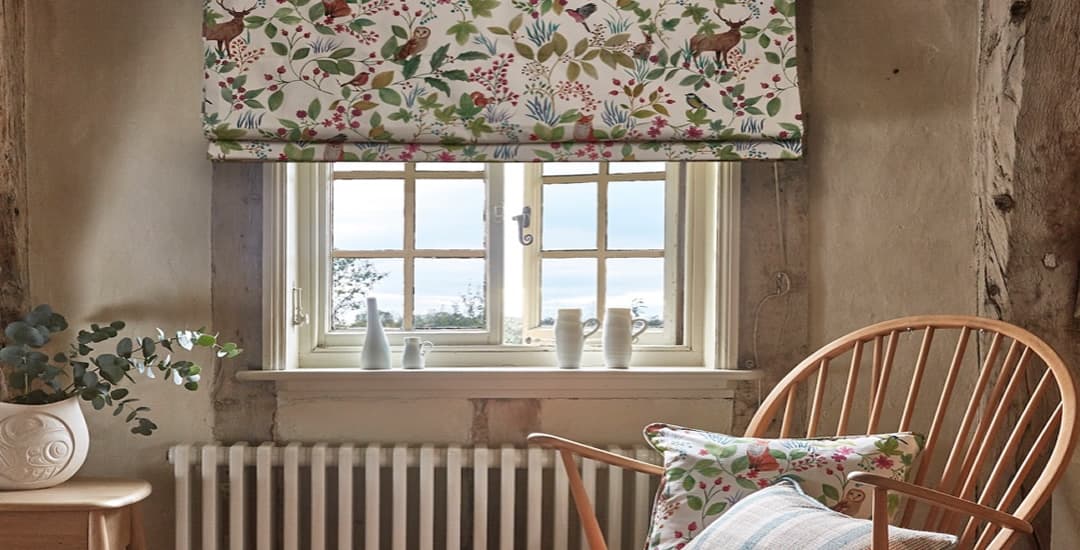
Ultimately, the thicker the material the blind is made of, the better an insulator it will be. This is a broad rule that makes obvious sense; however, some blinds that are actually constructed of a reasonably thin fabric can also be made with a special thermally insulating lining, which doesn’t add any meaningful bulk but is comprised of a specific type of fabric structure that allows it to perform effectively as an insulator too.
The best blinds to insulate a window are Roman blinds with a thermal lining, real wood blinds and faux wood blinds; and also thermally insulating roller blinds and vertical blinds, these latter two being made with the additional thermal lining I mentioned above.
The blinds that will have the least impact on your insulation are Venetian blinds and day and night blinds, both of these being made of fine materials and Venetian blinds being aluminium, which being a metal, isn’t a great insulator in and of itself.
Finally, and I am sure that this goes without saying but I will say it anyway – your blinds need to be closed in order to insulate the window, and for slatted blinds and vertical blinds, the slats or louvres need to be lying flush and fully closed too.

